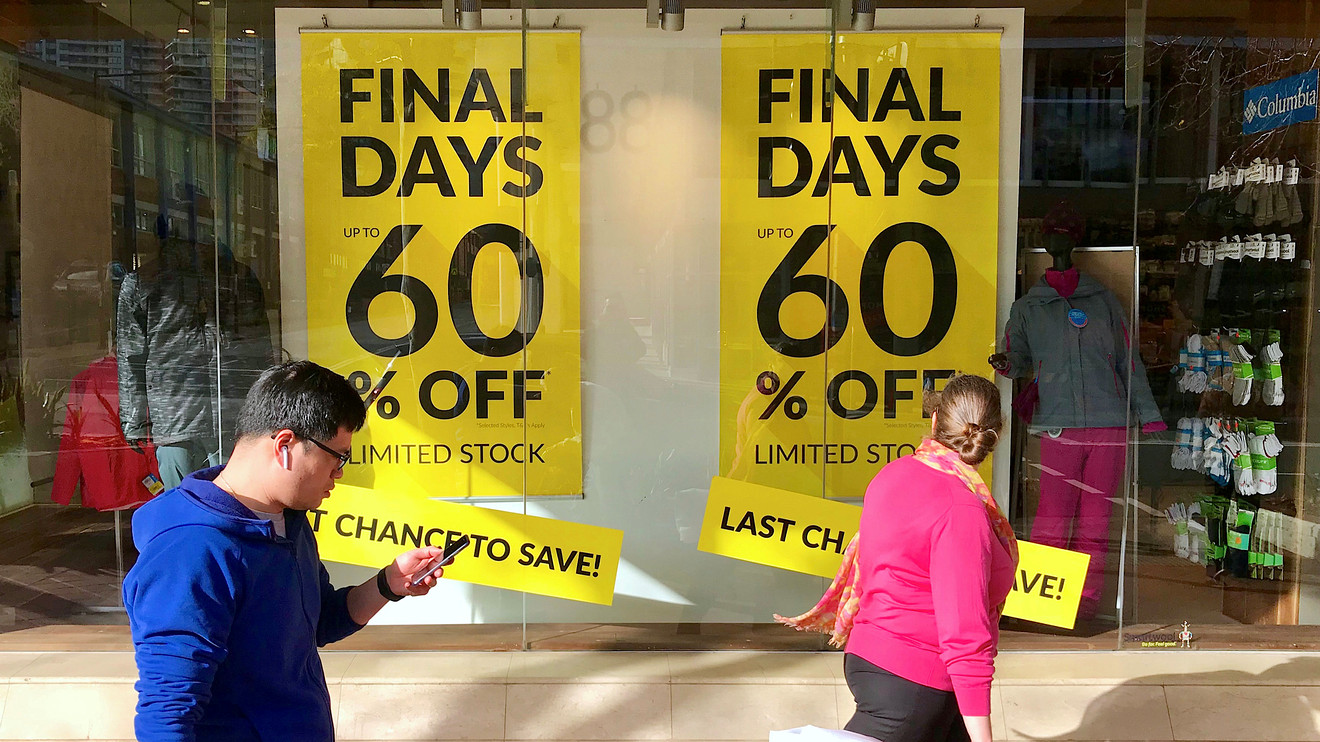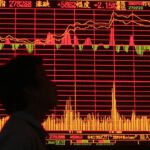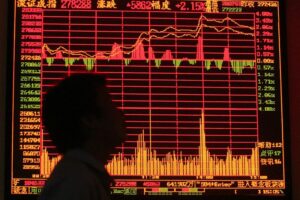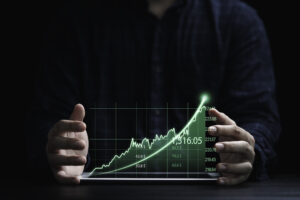
Asian shares were mostly higher Wednesday in cautious trading ahead of closely watched congressional testimony by the U.S. Federal Reserve chairman.
Japan’s benchmark Nikkei 225 NIK, -0.15% was flat, while South Korea’s Kospi 180721, +0.33% gained 0.6%, Hong Kong’s Hang Seng HSI, +0.32% rose 0.3%, while the Shanghai Composite SHCOMP, -0.44% and Shenzhen Composite 399106, -0.46% were also flat.
Investors have been mostly pausing ahead of the two days of congressional testimony from Federal Reserve Chair Jerome Powell. Traders will be listening to the exchanges Powell has with lawmakers on Wednesday and Thursday for hints about the Fed’s next move on interest rates.
The market rallied through much of June after the central bank signaled it’s prepared to cut rates to offset slowing global growth and the fallout from U.S. trade conflicts. But an unexpectedly strong U.S. jobs report last Friday has dimmed investors’ expectations.
Many traders still expect the Fed will cut its benchmark rate by a quarter percentage point at the end of the month, but fewer are now expecting a half-point reduction.
The S&P 500 SPX, +0.12% rose 3.68 points, or 0.1%, to 2,979.63 on Tuesday. The Dow Jones Industrial Average DJIA, -0.08% fell 22.65 points, or 0.1%, to 26,783.49. The Nasdaq Composite COMP, +0.54% , which is heavily weighted with technology companies, gained 43.35 points, or 0.5%, to 8,141.73. The Russell 2000 index RUT, +0.08% of smaller company stocks added 1.20 points, or 0.1%, to 1,562.59.
Australia’s S&P/ASX 200 XJO, +0.36% added 0.4%. Australian consumer sentiment weakened despite interest rate cuts and tax relief with the Westpac-Melbourne Institute Index of Consumer Sentiment down 4.1% at 96.51 in July from 100.66 in June. Westpac Senior Economist Matthew Hassan says the fall in sentiment this month is troubling as it comes against what should have been a supportive backdrop for confidence.
The last month has seen the RBA cut rates another 25 basis points, the Federal government’s tax package pass through Parliament, more signs that the Sydney and Melbourne housing markets are stabilizing and even some improvement in the U.S.-China trade dispute. Despite these positives, Australian consumer confidence has fallen to a two-year low. Hassan says the main driver continues to be deepening concerns about the outlook for the Australian economy and prospects for family finances.
Annual growth in New Zealand national property prices has slowed to 1.7% in June 2019 from 3.8% in June 2018, according to the Real Estate Institute of New Zealand’s latest House Price Index. House prices rose 0.3% on-month in June. Bindi Norwell, Chief Executive at REINZ, says 11 out of 12 regions saw an annual increase in the index level. The only region not to experience an increase was Auckland, which saw an annual decrease of 3.5%.
The cooling should contribute to discussion around further interest rate cuts. Many economists expect the RBNZ to cut a second time this year in August. The S&P NZX 50 NZ50GR, +1.06% finished 1% higher.
China’s consumer inflation held steady last month as slowing non-food prices offset faster gains in food prices. The June consumer-price index rose 2.7% compared with a year earlier, the same as May’s increase, the National Bureau of Statistics said Wednesday. The key inflation reading was in line with economists’ median forecast in a Wall Street Journal poll.
For the first time since 2014, the credit quality of Korea’s top 200 companies has weakened as a result of rising debt and stalled earnings in 2018, which indicates the credit cycle is turning negative. A number of headwinds will weigh on Korean corporate’s credit quality over the next 12 months. These headwinds include a challenging operating environment, aggressive financial policy, and regulatory risks–according to an article S&P Global Ratings published today titled: “When The Cycle Turns: Korean Corporate Credit Quality Feels The Squeeze.”
This story was compiled from Dow Jones Newswire and Associated Press reports.










